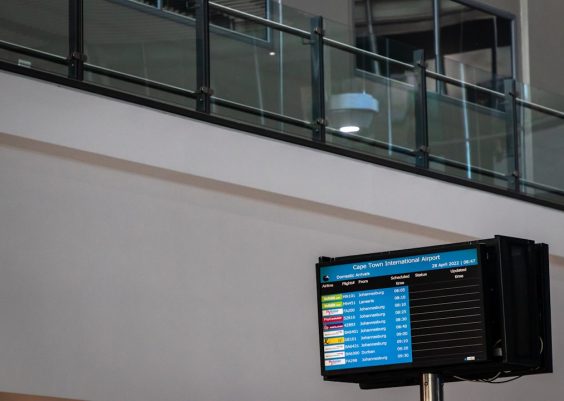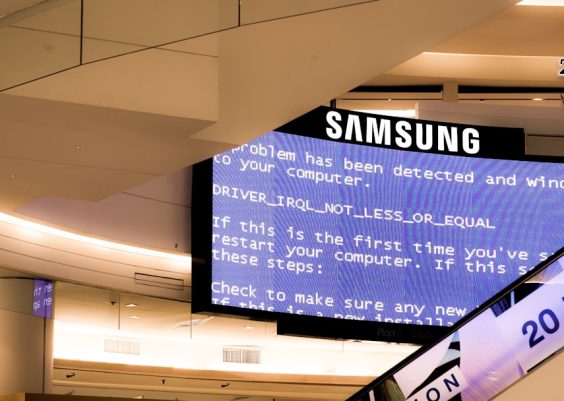In a world grappling with increasingly sophisticated financial crimes, the role of the Transaction Monitoring Investigator has become indispensable. These professionals are key players in safeguarding financial systems against money laundering, terrorism financing, fraud, and other illicit activities. If you are considering a career in this critical and growing field, understanding what the role entails, essential qualifications, and potential career paths is crucial.
Contents
What is Transaction Monitoring?
Transaction monitoring refers to the process of systematically reviewing financial transactions to identify suspicious or unusual activities that could signal illicit behavior. Banks, financial institutions, cryptocurrency platforms, and fintech companies are legally obligated to monitor transactions and report any suspicious activity under the Bank Secrecy Act (BSA) and USA PATRIOT Act.
The job of a Transaction Monitoring Investigator (also called a TM Investigator or AML Investigator) is to interpret the data that systems flag, determining whether customers or transactions warrant further scrutiny or should be reported to regulatory authorities via a Suspicious Activity Report (SAR).

Core Responsibilities of a Transaction Monitoring Investigator
The role of a TM Investigator is both analytical and regulatory in nature. Investigators act as the first line of defense against possible financial crimes. Below are the core responsibilities associated with the position:
- Review Alerts: Analyze automated alerts generated by transaction monitoring systems. These alerts may be triggered based on parameters like transaction size, frequency, destination, or customer profiles.
- Investigate Suspicious Activity: Dive deep into flagged transactions to assess context, perform risk analysis, and determine whether the behavior is consistent with money laundering or other financial crimes.
- Draft Investigative Narratives: Document findings in a clear, structured, and detailed report that may serve as legal evidence. Accuracy and clarity are essential in regulatory submissions.
- File SARs: Submit Suspicious Activity Reports to the U.S. Department of the Treasury’s Financial Crimes Enforcement Network (FinCEN) when suspicious activity appears to meet reporting thresholds.
- Collaborate with Teams: Work closely with compliance officers, legal teams, and law enforcement agencies to provide investigatory support and insights.
- Maintain Regulatory Compliance: Stay current on AML (Anti-Money Laundering) laws and internal policies, ensuring actions align with standards set by FinCEN, OFAC, and global counterparts like the FATF.
Key Skills and Qualifications
The role of a Transaction Monitoring Investigator calls for a unique blend of skills, combining analytical thinking with regulatory knowledge. The following qualifications can significantly boost your effectiveness and marketability in the field:
- Educational Background: A bachelor’s degree in finance, criminal justice, accounting, business administration, or a related field is typically required. Some employers may favor candidates with advanced degrees or specialized certifications.
- Strong Analytical Skills: The ability to work with data, identify patterns, and assess financial behavior critically is essential.
- Knowledge of Laws & Regulations: Understanding legal frameworks such as the BSA, AML, KYC (Know Your Customer), and OFAC regulations is critical.
- Communication Skills: Investigators must communicate findings clearly through written reports and may be required to testify or present their findings to regulators or management.
- Familiarity with Monitoring Software: Experience with platforms like Actimize, SAS, FICO TONBELLER, or Oracle Mantas is an asset.
Many professionals also pursue certifications to strengthen their credentials. The most respected one in this field is the Certified Anti-Money Laundering Specialist (CAMS) credential offered by ACAMS. Another highly regarded certification is the Certified Financial Crime Specialist (CFCS) from the Association of Certified Financial Crime Specialists.
Career Outlook and Salary Information
The demand for transaction monitoring professionals has grown sharply, driven by an uptick in digital financial transactions, globalization, and increasingly stringent regulatory requirements. According to the U.S. Bureau of Labor Statistics, compliance-related occupations are projected to grow steadily over the coming years, with specialized roles like AML investigation showing above-average growth.
If you’re wondering about compensation, here’s a general salary breakdown based on U.S. national averages:
- Entry-Level: Investigators with 0–2 years of experience typically earn between $55,000 and $70,000 annually.
- Mid-Level: Professionals with 3–6 years of experience may earn between $75,000 and $95,000.
- Senior-Level: Senior investigators, team leads, or compliance managers can earn well over $100,000, especially in large financial institutions or fintech firms in major cities.

Where Do Transaction Monitoring Investigators Work?
TM Investigators are employed across a wide range of industries and institutions. Some of the most common employers include:
- Banks and Credit Unions: Domestic and international banks are major employers given their large transaction volumes and regulatory obligations.
- Fintech Companies: As digital financial platforms grow, so does the need for robust financial crime monitoring systems.
- Brokerage and Investment Firms: Firms involved in securities trading or wealth management heavily rely on TM professionals to flag suspicious activity.
- Crypto Exchanges: Crypto platforms are increasing staffing for compliance teams to handle AML obligations and regulatory pressures.
- Government Agencies: Some investigators work directly for regulatory bodies such as FinCEN or in law enforcement task forces working on financial crimes.
Common Career Paths and Advancement Opportunities
Many transaction monitoring professionals start as analysts and move up through multiple career stages. Some common career tracks include:
- TM Analyst → Investigator → Senior Investigator
- Investigator → Compliance Officer → Compliance Manager
- Investigator → Fraud Risk Analyst → AML Director
- Compliance roles in highly regulated sectors like FinTech or Cryptocurrency
With experience and continuous learning, many professionals advance into leadership roles or transition into broader compliance or risk management positions. Some even pivot toward consulting roles or academia, teaching the next generation of financial crime prevention experts.
Advantages and Challenges of the Role
Like any critical profession, being a Transaction Monitoring Investigator comes with its own set of pros and cons. Understanding these can help you make an informed decision about entering the field.
Advantages:
- High Demand: Financial institutions are investing heavily in AML infrastructure.
- Job Security: Regulatory requirements ensure a continued need for skilled investigators.
- Meaningful Impact: Your work directly contributes to fighting crime and protecting financial integrity.
- Remote Work Opportunities: Many AML roles, especially in the U.S., offer hybrid or remote setups.
Challenges:
- High Pressure: Mistakes in judgment or reporting can have serious legal consequences.
- Monotony: Reviewing financial transactions can sometimes become repetitive.
- Regulatory Complexity: Laws and compliance requirements evolve frequently and must be understood in depth.
How to Get Started: Steps Toward a Career in Transaction Monitoring
If you’re interested in making an impact through financial crime prevention, consider following these foundational steps:
- Earn a Relevant Degree: Choose a program with coursework in finance, law, or criminal investigation.
- Gain Experience: Entry-level roles in compliance, finance, or customer due diligence provide good stepping stones.
- Obtain Certifications: Consider enrolling in programs like CAMS or CFCS to gain competitive advantage.
- Follow Industry Trends: Stay informed on evolving AML regulations, emerging risks in digital payments, and enforcement actions.
- Network: Join professional organizations like ACAMS or attend AML conferences and webinars to broaden your relationships and learn from industry leaders.
Conclusion
The role of a Transaction Monitoring Investigator is a rewarding avenue for professionals seeking to merge analytical precision with real-world impact. As financial crime grows more complex, the need for trained eyes to flag and investigate suspicious




